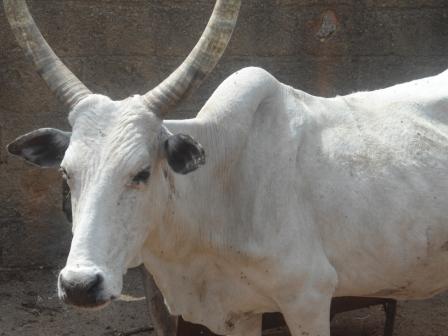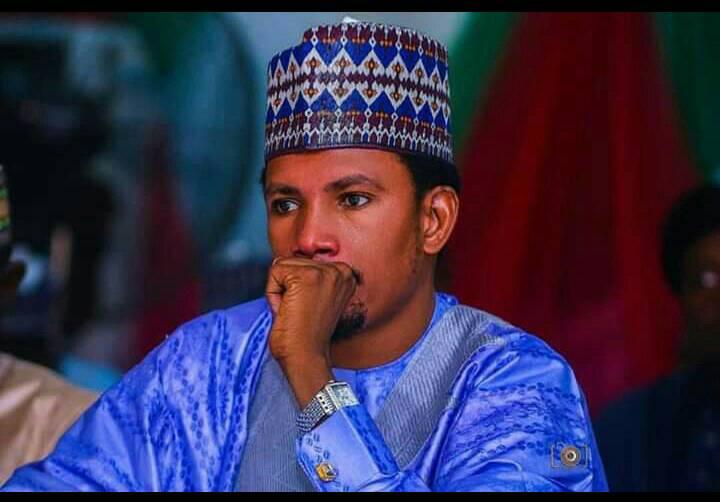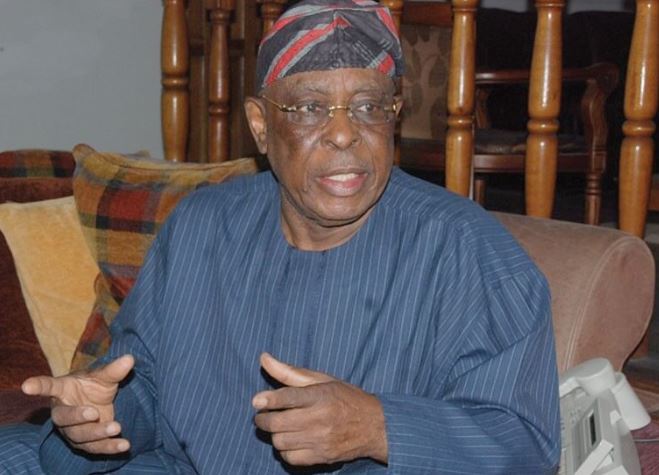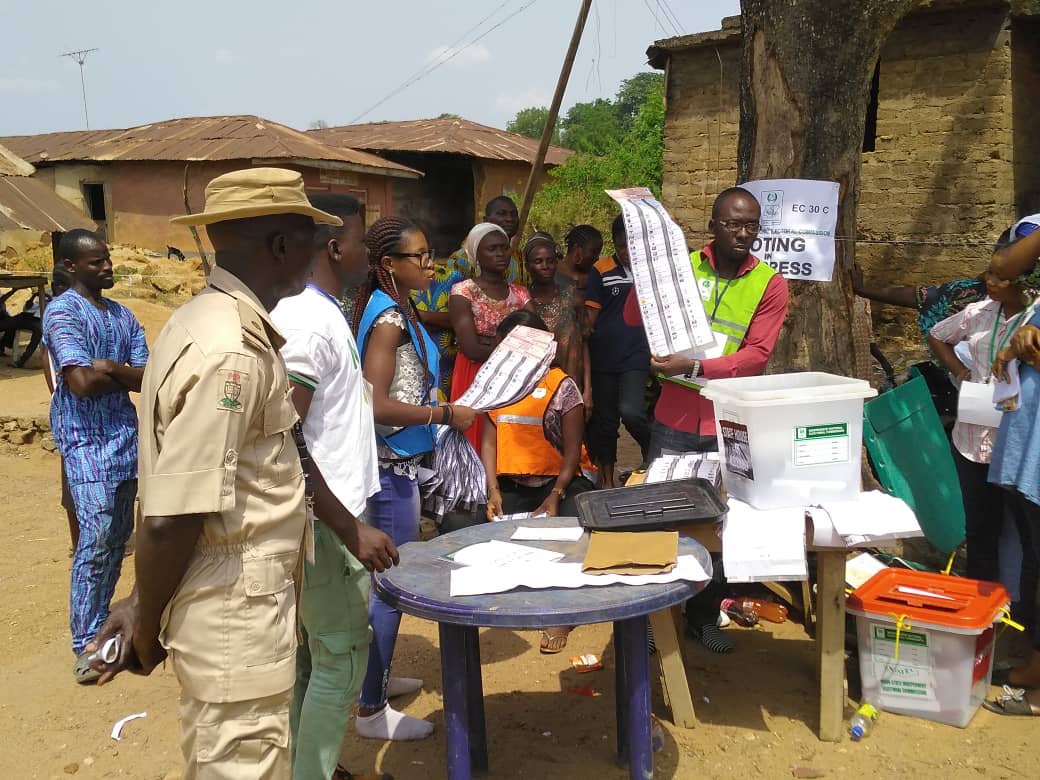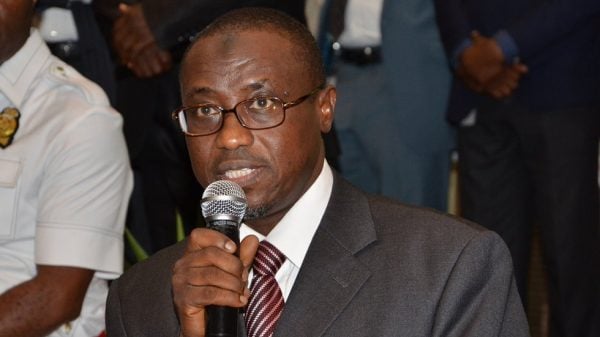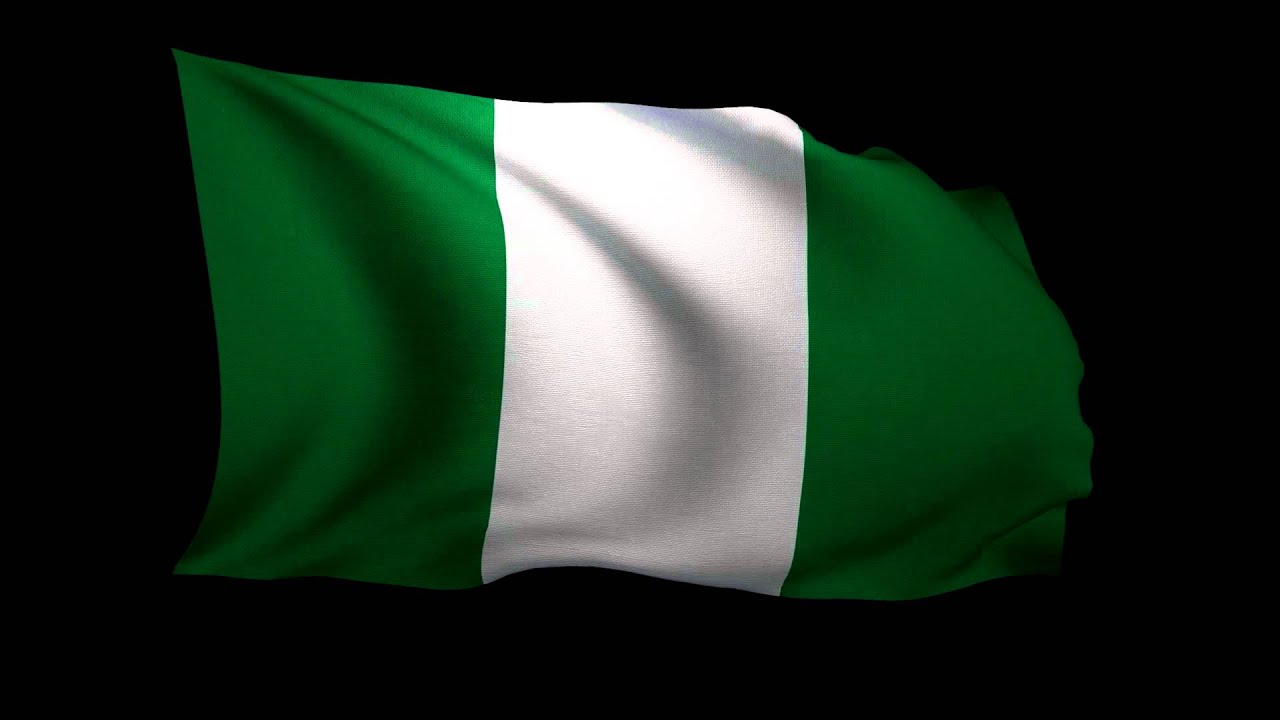The queerest, most illogical, most mind-numbing argument I heard during the recent national furore over Ruga [the Federal Ministry of Agriculture’s Rural Grazing Area program] was that government has no business investing in cattle ranching because it is a private business. Is that right? Government has been investing in all manner of private businesses since the creation of Nigeria; why should it stop now, simply because it is the turn of pastoralists to get some investment?
Nigerian governments at all levels have been investing heavily in farmers. The money that the Federal and state governments spend to import fertilizer from as far afield as Ukraine is one of the biggest items on their annual budgets. This fertilizer is sold to farmers but before that is done, thousands of tonnes are given away free of charge to politicians who double as commercial farmers. The Federal Government then subsidises the rest before selling it to state governments, which in turn subsidise it before selling to local governments. The latter, in turn, bear the cost of transporting the fertiliser to their areas, before the farmers buy it and transport it to the farm gate.
It is not only fertilizer that farmers chop from the public treasury. Since the 1960s, government has been investing heavily in tractor hiring schemes, pesticides, irrigation pumps, farm implements and a lot of money spent on agricultural extension. This is not to mention the dams, irrigation canals, water sprinklers and whole River Basin Development Authorities [RBDAs] that government built, with borrowed foreign money, all for the benefit of farming, which is private business.
Government set up a whole bank for farmers. It was once called Nigerian Agriculture Bank, renamed NACB, then NACRDB, and right now it is called BOA. Billions of naira in loans were channeled through it as loans to “farmers;” the high level of irrecoverable loans from these schemes may have been responsible for the frequent change of names. On top of that, CBN rushed in with Anchor Borrowers Program for rice farmers. This program is already having trouble recovering the loans from farmers, since many of them thought it was a dash.
Advertisement
Last decade, at the prodding of Obasanjo’s government, CBNthrew in N200bn to revive textile industries, even though all of them are privately owned. Years before that, in the late 1980s, the IBB regime spent billions of naira on the Accelerated Wheat Production Program. A lot of water, fertilizer, pesticides and irrigation pumps were channeled to private farmers under the scheme. States that managed to grow wheat, a tough sell here because it is a temperate zone crop, all got federal subsidy. The program was well intentioned; it was meant to reduce flour millers’ overdependence on imported wheat but wheat milling and bread making are private businesses, so why did the government invest in them?
Every state and local government in Nigeria has built markets for traders, though trading is strictly private business. Since the 1980s when government winded up its National Supply Company, it has not been selling soap, detergent and sugar but governments still build and expensively maintain markets. Governments even went beyond that to build markets for specialized traders such as spare parts dealers, grain merchants, food vendors, clothes sellers and more recently, for sellers and repairers of telephones and computers. All of them are private businesses. Governments have also built thousands of abattoirs for those who slaughter cows. You do that, yet you do not want to invest in those who rear the cattle? Where will the abattoirs get their cows from?
How about the mechanics’ villages that governments built all over the country? There is no state capital or other large town in Nigeria that did not build them, even though mechanics are in private business. Nigerian students also receive subsidies from many state governments in the name of scholarships and bursaries for a private business, which is reading. There is a lot of subsidy for Nigerian footballers through match bonuses; is it not a person’s private business to run around a field kicking a ball for his own health, pleasure, applause and a lot of fame?
Advertisement
President Jonathan’s government once gave N2billion to Nollywood producers, actors and actresses even though film making in Nigeria is strictly private business. The Buhari Administration too wanted to build a N3billion Film Village in Kano but conservative clerics scuttled that investment, saying it will promote immorality in Kano.
And those are only the small fry. Last year alone, government spent N1.2 trillion to subsidise consumption of imported fuel. Although most Nigerians imagine that they benefit from the subsidy, government itself has said that rich people are the biggest beneficiaries. In actual fact, billionaire oil importers are the biggest of all beneficiaries, together with top government officials. Yet, Nigerians will pour into the streets in protest in order to maintain this heavy charity for private business but many Nigerians do not want to see government build a ruga for a fraction of the amount.
The Federal Government also has a Cabotage Vessel Financing Fund, worth N50 billion, from which private shippers borrowed money to buy ships. It was a huge channeling of public funds into private business and I doubt if any of the money was recovered. Even though most Nigerian newspapers are privately owned, their powerful proprietors have been urging government to subsidize newsprint, ink, plate and printing machine imports. Maybe they were encouraged because government granted a lot of subsidy to rice millers. Under the Jonathan regime, Federal Government granted a differential import duty for unmilled rice, allegedly because millers were not getting enough of it locally. Trust them to circumvent the plan and defeat its purpose; as then Customs CG Abdullahi Dikko Inde publicly revealed, millersimported milled rice alongside unmilled rice at the concessional import duty and defeated the whole purpose.
Nigerian transporters also get a lot of subsidy. In 1989, IBB’s regime adopted a two-tier fuel price policy, N42 a litre for commercial vehicles and N60 for private vehicles, in addition to subsidized buses for commercial drivers. Many bus drivers abandoned passengers and turned into fuel hawkers, buying it at N42 and reselling to private motorists at a discount.Although Nigerian Gencos and Discos were privatized six years ago, the Federal Government still voted hundreds of billions of naira to subsidise them lest they throw us into total darkness.
Advertisement
You know what? These are only the official subsidies. Many other sectors are subsidized under the carpet. Nigerian political parties, for example, are subsidized to the tune of hundreds of billions of naira by governments at all levels and their agencies under various pretences, even though they are private business. In Nigeria, clerics receive a lot of subsidy for religious pilgrimages and for praying for rulers. Prayer is a private business but governments channel a lot of money into it through both front and back doors. Many state governments in Nigeria also subsidize thugs under various guises, by creating “security agencies” and vigilantes.
Nigerian governments at all levels also pour billions into housing estates. Why should anybody begrudge the pastoralists for getting a ruga? A ruga is the least appealing housing estate under the sun. It is nothing compared even to Shagari Housing Estates, not to mention estates in Apo and Lekki. Pastoralists have built millions of rugas in Nigerian bushes. They are made of sticks and straw, sometimes covered with polythene bags. The sun bakes them, rain seeps through them, no running water, no electricity, no roads, no schools, no health facilities. Nothing in the ruga is subsidized. Pastoralists devise their own means; their wives sell milk in the market while the men sell a few cows. They use the proceeds to buy grain, soup ingredients and the pastoralist’s dream items such as dark eye glasses, rubber sandals,torchlight, transistor radio and going to hajj. If all the other government investment in private business did not destroy Nigeria, why should this one do so?
*This article first appeared in Daily Trust
Advertisement

